Journaling Part 3
This is Part 3 of a 3-Part Journaling Series. Read Part 1, Part 2.
Journaling is Written Meditation
I often mention a “who do you want to be” exercise in which my athlete envisions an optimal, fulfilling future for themselves. The exercise in thought and writing has been found to fuel optimism and wellbeing, according to psychological literature. My goal has been to take it one step further and turn it into an ongoing journal process. Each day (or week), the athlete will focus on one action that would move him or her toward who they want to be. Successful actions would be continued and extended, unsuccessful actions would be reviewed and revised. Over time, the athlete would not only internalize the sense of moving towards ideals, but also build skills that further their development. Back to the principle of placing our ‘becoming’ ahead of our ‘being’.
Sustainable Journaling
Many people fail to sustain journals because they become too time-consuming and cumbersome. Turning writing into a habit—engaging the journal at the same time and place each day—can be particularly useful in making it a regular part of performance improvement.
I journal every morning. Same morning routine. Boil water for coffee. While making the pour over, I have a few moments to grease the groove of my journaling ritual. Then, with coffee in hand, I sit for 20-30 minutes journaling on the previous day. “How was my day and did I live in accordance to my values and principles?” This usually takes the conversation into many directions. I then shift to today and who I want to be. What do I want to focus on? What do I need to let go of? And what am I grateful for? This can spin off into appreciation.
Journaling is thinking aloud. It makes us conscious of our internal dialogues.
My day thus starts with setting the tone for how I would like it to unfold. As I have written previously, setting my intentions for the day charts my course. It prepares my brain for what to focus on. When I make a written plan, I am more likely to hold myself accountable, I find peace in the present, affirm and live my values, increase my sense of wellbeing, and increase my connection to others.
I have found electronic journals such as Evernote to be particularly useful, as they can be accessed from multiple devices and locations. They also enable the writer to tag entries for future review. For example, if I would like to review all of my recent entries concerning principles, I can pull them easily.
Calming the soul by capturing and naming the internal unsettledness.
Journaling makes us conscious of our internal dialogues, bringing them out of our head and onto paper or screen. We unload our thoughts in order to lighten our cognitive load. It creates space.
When the monkey mind is bouncing around banging pots and pans because it wants to be heard, and we simply write it all out, these thoughts can be released, recorded, acknowledged, giving the monkey peace of mind that it was heard. We can then choose to take action, if we want.
In no small measure, journals are tools for mindfulness. They make us more self-aware, more in alignment with our highest ideals. This is the most powerful reason for keeping a journal.
What does journaling do for you?
This is Part 3 of a 3-Part Journaling Series. Read Part 1, Part 2.

